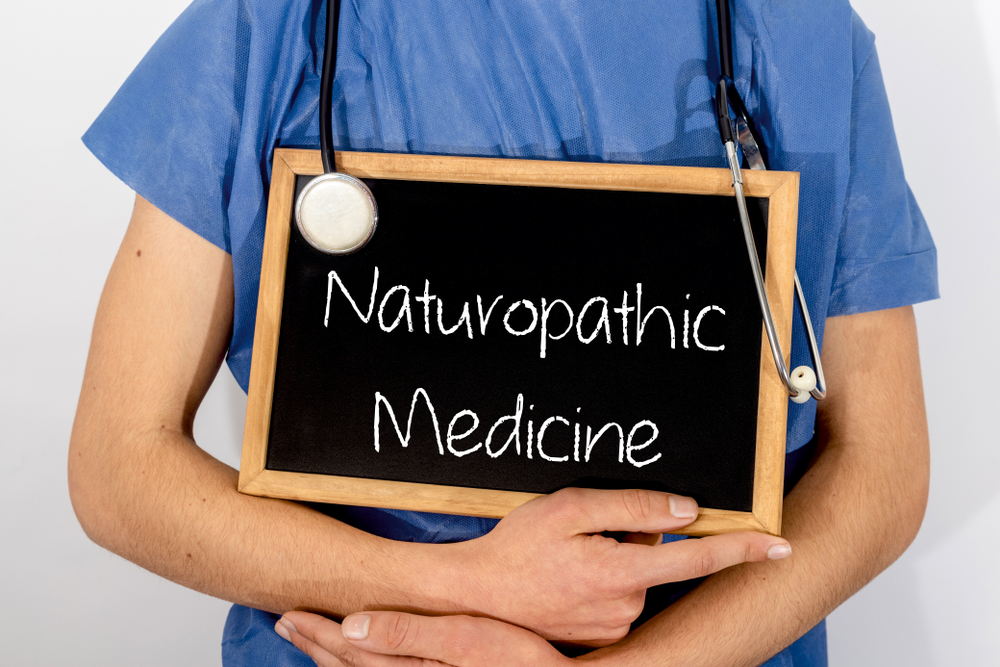Dr. Robert W. Horovitz, B.Sc., ND
Cholesterol has been given a bad name for far too long and it is time that someone finally set the record straight. Cholesterol is not only as bad as people think, but is actually in many ways essential for promoting Lifelong Wellness. Every cell in our body has a membrane surrounding it that Is partly fluid. It has to be; otherwise our cells would be too brittle. Cholesterol plays an important role in helping to maintain that fluidity. Additionally cholesterol is required for the production of sex steroid hormones such as estrogen, progesterone, testosterone, as well as a major stress hormone cortisol, among others. Furthermore, cholesterol is a precursor for bile, which helps to emulsify fats and aid the absorption of fat soluble vitamins such as A, D, E, and K. Some may be interested to know that vitamin D, a vitamin that is incredibly hot right now (no pun intended) is synthesized from a derivative of cholesterol with the help of sunlight.
Should people pay close attention to their blood cholesterol levels? Absolutely. If blood cholesterol levels rise, it is possible to have an increased risk of developing cardiovascular disease later on in life and suffer from a heart attack or stroke. Even though cholesterol is required by the body to do good, over time high cholesterol levels can contribute to plaque buildup in our arteries, possibly obstructing blood flow and even dislodging in little pieces that can travel to various parts of the body and get trapped where blood vessels narrow. If one of these pieces of plaque gets trapped near the heart, a heart attack can occur. If in the brain, a stroke. Cholesterol itself though is not the whole story as several things need to happen in order to form arterial plaque. LDL for example is a transporter lipoprotein used to take cholesterol from the liver and intestine to tissues where it can be used in its glory. It is commonly known as “bad cholesterol”. If LDL is oxidized it can contribute to the formation of foam cells that deposit in arterial walls and become known as plaque. In fact it is perhaps oxidized cholesterol that is the real culprit. HDL or “good cholesterol” takes cholesterol from tissues and helps with its excretion.
Treating elevated cholesterol naturally can be achieved by many different ways and it is important to understand that everyone is different and should be treated accordingly. One idea is to block the production of cholesterol by the body itself. HMG-CoA reductase is an enzyme that is intimately involved in the production of cholesterol. If inhibited, blocking cholesterol is achieved, which is exactly what pharmaceutical drugs known as statins do such as Lipitor. These drugs however do not come free of side effects. Muscle aches and pains for example are relatively common so speak to your health care professional regarding supportive measures.
Although cholesterol is produced by our bodies, most of it is actually reabsorbed from the intestine via bile salts. Plant sterols (phytosterols) can block this and allow the salts to be excreted in our stool, thus being an excellent complimentary supplement for cholesterol reduction. Although dosages vary, 1.3 grams with two separate meals are worth considering. Fiber can also help with the excretion of cholesterol. 30 grams of fiber daily is a good starting point.Chia, kamut, quinoa, flax, glucomannan, and whole wheat are great sources of fiber. An apple is approximately 3.5g of fiber so an apple a day is at least a start.
Fish oil is one of the single best supplements that can be taken for promoting cardiovascular health. A three ounce serving of wild Pacific salmon 2-3 times per week can have profound positive influences over your cholesterol panel. Whole salmon oil in this meal sized dosage is available. Otherwise, 2-4 grams per day of a pharmaceutical grade, molecular distilled fish oil has merit.
Supplements that are good antioxidants are definitely worth incorporating into a cholesterol lowering protocol. Preventing oxidation of cholesterol may be even more important than simply reducing it from your diet. For example one of the main questions that people ask me is whether eggs are healthy, considering that one large white egg contains approximately 195mg of cholesterol in its yolk. The answer is in the way that you cook it. Since the cholesterol is in the yolk, preventing oxidation is key. When making hard boiled eggs, scrambling the yolk, or making an omelet, the yolk changes dramatically. It becomes oxidized! Next time you cook an egg, try preparing it using lower temperatures (medium or lower) and “over easy” or “sunny side up”. Also try putting ¼ tsp or so of turmeric and fresh ginger into the oil prior to heating as they may add further protection and are both cardio protective.




